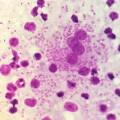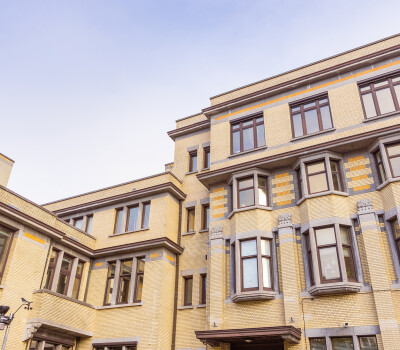CORAL training empowers early-career researchers in Ethiopia
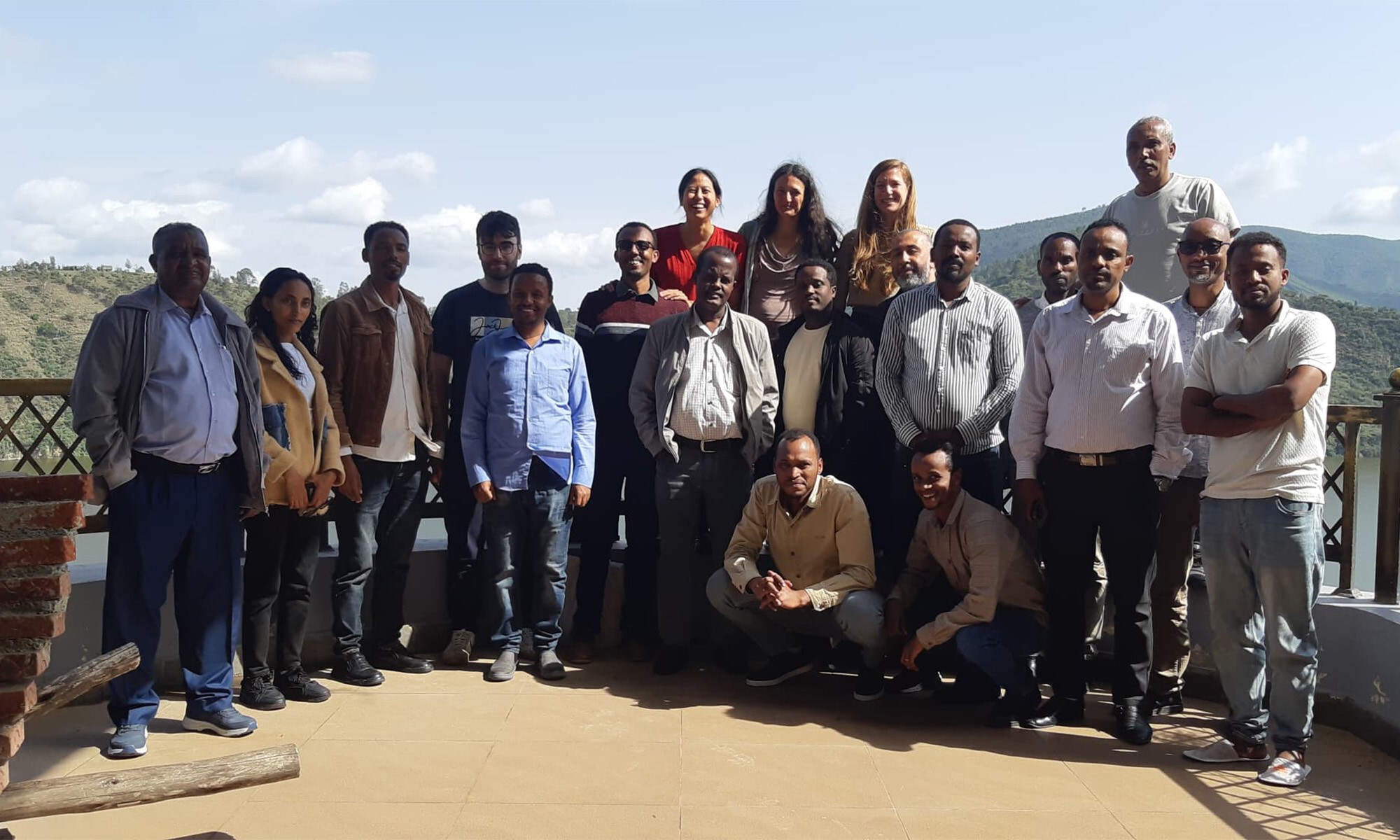
Boosting research capacity in Ethiopia: a shared mission
Lasting health solutions start with strong local research leadership. That is why, under the fifth DGD Framework Agreement (FA5), we are proud to collaborate with four key institutions in Ethiopia: Armauer Hansen Research Institute (AHRI), Ethiopian Public Health Institute (EPHI), University of Gondar (UoG), and Jimma University (JU). Together, we want to build a sustainable research ecosystem that can respond to pressing health threats, such as neglected tropical diseases, antimicrobial resistance and viral infections, and shape policy and practice from within.
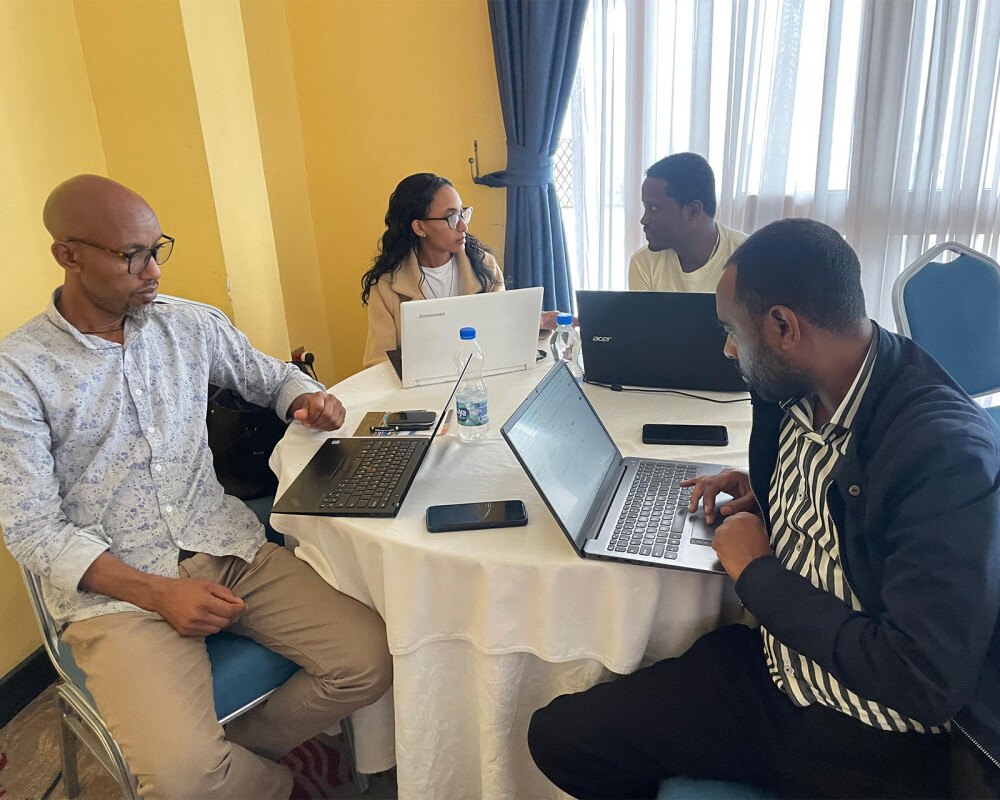
At the heart of this partnership are the researchers themselves. Through hands-on training, mentorship, and joint projects, they are able to strengthen the skills and tools they need to lead high-quality studies. Through investments in platforms for disease surveillance and collaborative research, we want to ensure findings don’t stay on paper but make real-world impact.
By addressing key knowledge gaps and collaborating with policymakers, this strong network of Ethiopian research institutes is shaping more effective disease control programmes. Ultimately, this can lead to improved health for all Ethiopians.
Empowering early-career researchers
From 7 to 11 July 2025, we successfully launched the first module of the CORAL training programme ‘Strengthening Capacity for Operational Research on AMR and Leishmaniasis: From Protocol to Publication’ within the FA5 Ethiopia programme. Through four structured modules, this hands-on training is designed to guide early-career researchers from Ethiopia from research idea to publication.
In the first module, ten talented researchers began developing their own research protocols, under the guidance of senior mentors from ITM and partnering Ethiopian institutions. After a week of intensive writing and peer discussions, they are now ready to submit their proposals for ethics review, a major first milestone!
What’s next? In the second module, researchers will build and manage their own databases. Later stages will cover data collection, cleaning, analysis, and ultimately, scientific writing and publication. Throughout, the goal remains the same: to empower early-career researchers, foster cross-institutional collaboration, and produce impactful research on antimicrobial resistance and leishmaniasis in Ethiopia.
Partners
The FA5 Ethiopia country programme involves 5 partner institutions:
The collaboration is funded by the Belgian Directorate-General for Development Cooperation and Humanitarian Aid (DGD).
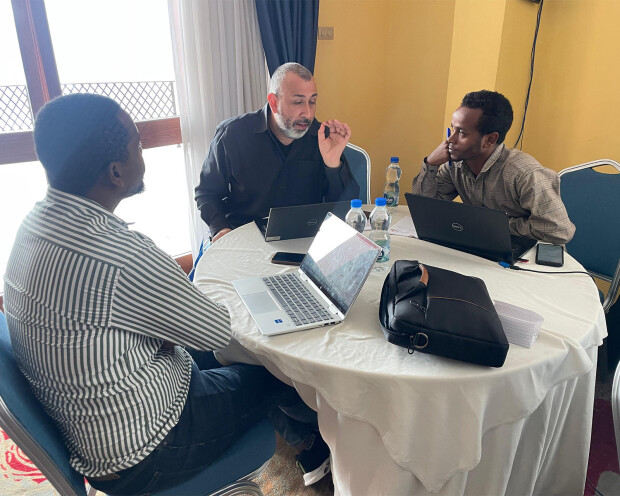
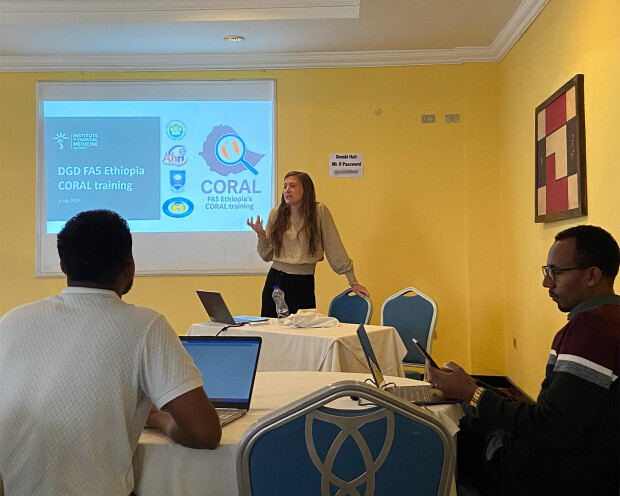
Spread the word! Share this story on

